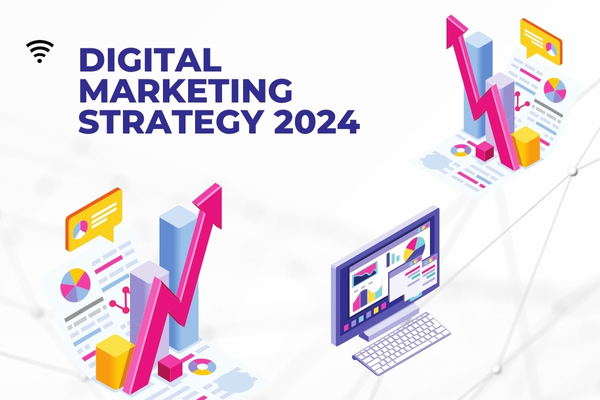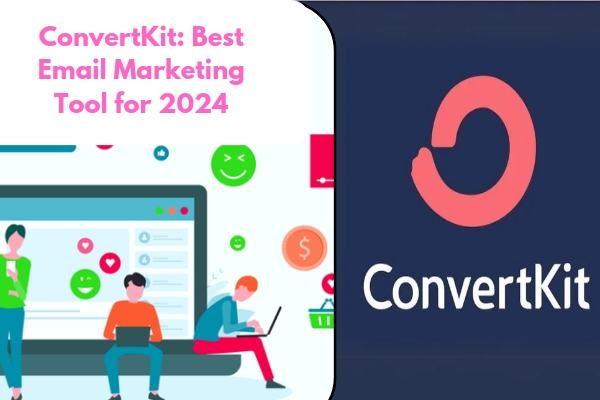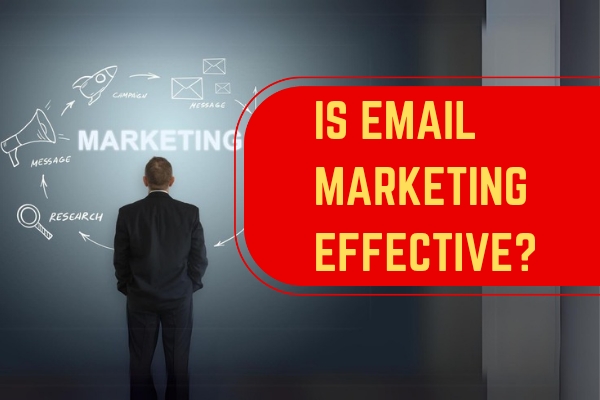Table of Contents
ToggleIntroduction
In today’s digital world, businesses are focusing more on customer relationships to grow and stay ahead. Customer Relationship Management (CRM) plays an important role in managing customer interactions, improving sales, and increasing business efficiency. But why do businesses need CRM? The answer lies in its objectives.
The objectives of CRM are not just about managing customer data but also about making strong connections, improving services, and increasing profits. In this blog, I will share my experience of how CRM helps businesses achieve success.
Customer Relationship Improvement
The first and most important objective of CRM is to build better customer relationships. Every business wants loyal customers who keep coming back. CRM helps in this by understanding customer needs and providing personalized services.
For example, when a business knows a customer’s past purchases, preferences, and feedback, it can offer better product recommendations. This makes customers feel valued. A happy customer not only returns but also refers others.
CRM also helps in sending personalized emails, offering special discounts, and solving customer issues quickly. Businesses that use CRM effectively can increase customer retention and maintain long-term relationships.
Better Customer Data Management

Another important objective of CRM is managing customer data efficiently. Earlier, businesses used to maintain customer records manually, which was time-consuming and prone to errors. With CRM, all customer details are stored in one place, making it easy to access whenever needed.
CRM allows businesses to:
✅ Store customer contact details, purchase history, and preferences.
✅ Track past interactions for better communication.
✅ Analyze customer behavior to provide better services.
For instance, if a customer calls for support, the executive can instantly check their previous purchases and complaints. This helps in faster resolution and improves customer experience. Organized data leads to better decision-making and smooth business operations.
Sales Growth & Lead Management
Every business wants to increase sales, and CRM helps in achieving this goal. One of the major objectives of CRM is to track potential leads and convert them into customers.
CRM systems provide:
📌 Lead tracking – Know which leads are interested in your product.
📌 Follow-up reminders – Never miss an opportunity.
📌 Sales forecasting – Plan better with data-driven insights.
For example, if a customer shows interest in a product but doesn’t buy immediately, CRM can remind the sales team to follow up. This improves lead conversion rates and helps businesses grow revenue.
Moreover, CRM helps in segmenting customers based on their buying behavior. This allows businesses to focus on the right audience and improve marketing efforts.
Improved Customer Support & Service
Good customer service is a key factor in business success. A major objective of CRM is to improve customer support by making the process faster and more efficient.
With CRM, businesses can:
✅ Track customer queries and complaints.
✅ Assign tickets to the right support agents.
✅ Provide quick and accurate responses.
For instance, if a customer complains about a product issue, CRM allows the support team to check past interactions and provide a suitable solution. This reduces waiting time and increases customer satisfaction.
Businesses that use CRM for support can build trust and credibility, as customers feel valued when their problems are solved quickly. A good customer support system can also increase positive reviews and brand loyalty.
Read More: 7 Simple Steps To Start Influencer Marketing
Data-Driven Decision Making

One of the most powerful objectives of CRM is helping businesses make better decisions using data. CRM systems generate detailed reports on customer behavior, sales trends, and overall business performance.
With CRM reports, businesses can:
📊 Identify top-selling products.
📊 Analyze customer buying patterns.
📊 Improve marketing strategies.
For example, if a business notices that most customers prefer a particular product, it can plan future promotions accordingly. Similarly, if a sales report shows a drop in certain regions, the business can focus more on improving sales there.
Using data for decision-making reduces guesswork and helps in business growth with accurate planning.
Fill Details To Get Free E-Book “Master Your Market With 5P Formula” Now!!
Conclusion
CRM is not just a tool for storing customer data—it is a complete system that helps businesses build relationships, improve services, and increase profits. The objectives of CRM are designed to make businesses more efficient and customer-friendly.
By using CRM effectively, businesses can:
✅ Strengthen customer relationships.
✅ Manage data in an organized way.
✅ Increase sales and revenue.
✅ Provide better customer service.
✅ Make smart, data-driven decisions.
If you want to grow your business with digital marketing, I recommend checking out my Digital Samaaj website, where you can access digital marketing courses in Hindi. These courses will help you understand how CRM and other digital tools can improve your business.







